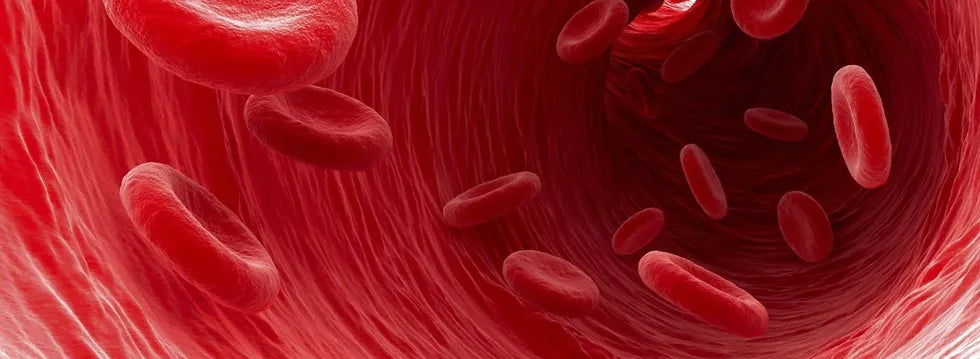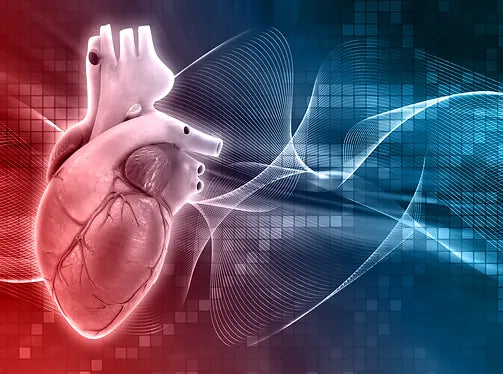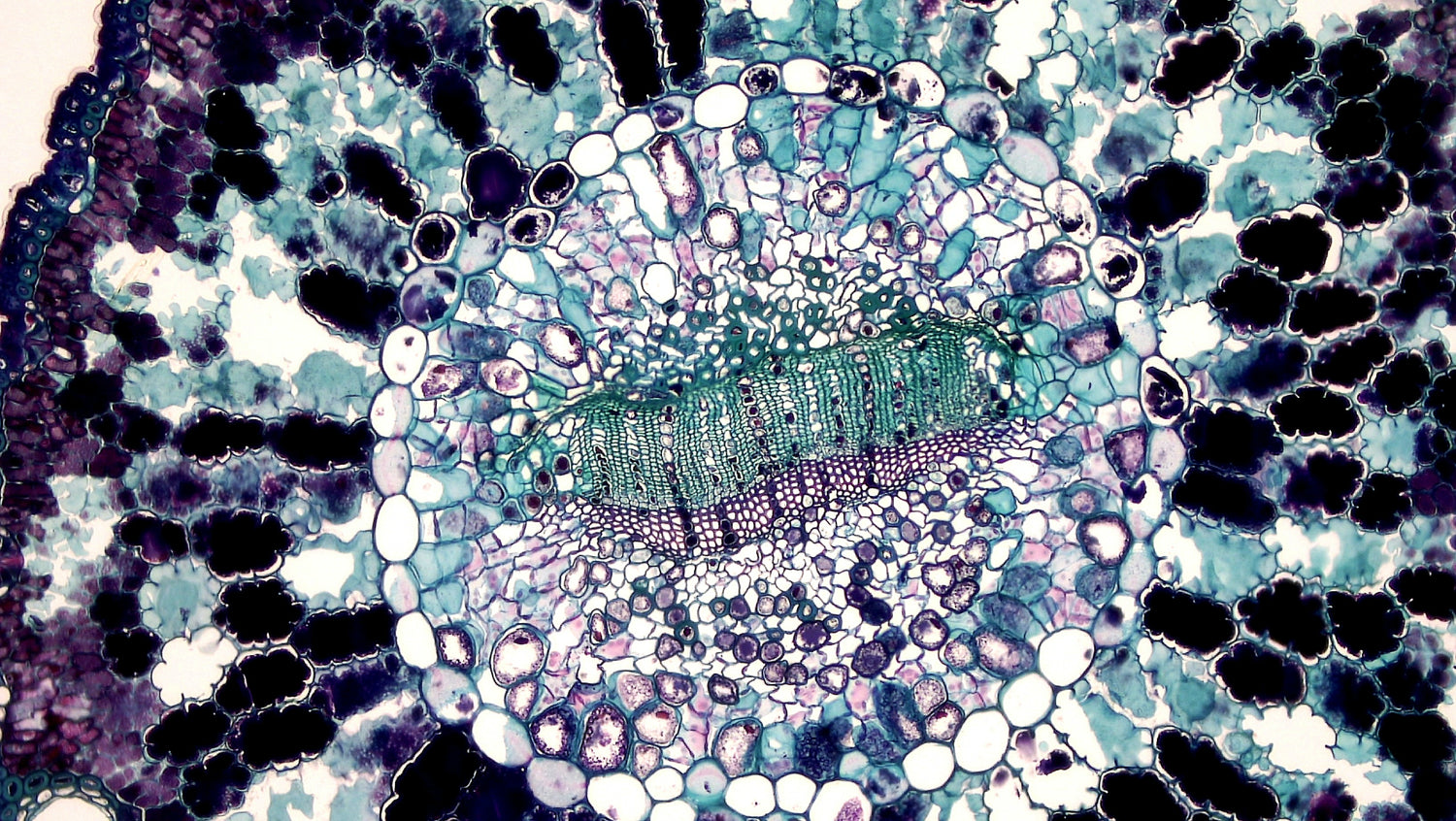
NBCE Cleanse. Balance. Restore.
A single drop of your blood can provide the answers as to why your inner world is not thriving, why you feel sick and tired all the time, why you have aches and pains, why you just don't feel like you.

Nutritional Blood Cell Education
Inside your body is a living world. A single drop of your blood can provide the answers as to why your world is not thriving, why you feel sick and tired all the time, why you have aches and pains, why you just don't feel like you.

Nutritional Blood Cell Education
Inside your body is a living world. A single drop of your blood can provide the answers as to why your world is not thriving, why you feel sick and tired all the time, why you have aches and pains, why you just don't feel like you. That single drop of blood can change your life when you understand what is going on in your internal world. You are only as healthy as the health of your cells.
The food that we eat, the pollution in the environment, poor eating and drinking habits, lack of sleep, lack of energy, etc. are all factors that contribute to a system that is out of balance. Nutritional Blood Cell Education provides a wide spectrum of very useful information on health. The evaluation will educate you on the proper functions of the digestive and other systems. The Nutritional Blood Cell Education gives an excellent opportunity for you to improve your health through proper diet, lifestyle and supplements.Your health is entirely your responsibility. You are what you eat, drink and think. This simple evaluation is one important part of helping you to help yourself change your health for the better.Nutritional Blood Cell Education uses a single drop of blood placed on a slide and then viewed under a high powered microscope. The technician will project a living image of your blood on a monitor screen while reviewing and explaining the condition, status, and possible deficiencies of those blood cells.With all the supplements out in the market, it can be very confusing to figure out which one's are actually right for us. Wouldn't you like to know which supplements you should actually take for your body? What is it that your cells actually require to thrive? NBCE takes the guesswork out of figuring out which supplements your cells require.
Remember, this is your world. What kind of world are you creating? Are you polluting your body and creating a toxic environment? Why not create an internal world that is filled with oxygen, loaded with energy, with cells and organs in a state of harmony and balance? Remember, this is your body, why not figure out what your cells really need so that you can thrive. When your cells are healthy, you feel energized, happy, balanced mentally, physically and emotionally.
Isn't it time for you to stop feeling sick and tired?

What can I expect to learn?
An evaluation of the blood can demonstrate:
- The oxygen carrying capacity of blood which is associated with energy level, breathing, alertness or sluggishness, stamina, physical performance, concentration, fatigue and headaches.
- The status of the immune system; the ability to fight infection and disease.
- Digestive issues as a result of an imbalance in carbohydrate, protein and/or fat intake.
- Nutritional deficiencies and more.
These and many other assessments are conducted using state of the art technology. The results are then discussed with you by a trained technician. Your technician is also able to record your blood for review during your next appointment to compare your previous blood sample with your present blood sample.

How does work?
Pair text with an image to focus on your chosen product, collection, or blThe evaluation/education is carried out by performing a finger stick by a certified and licensed phlebotomist using a sterile lancet. The drop of blood is then carefully placed on a microscope slide, covered with a coverslip, and observed under the microscope. The blood is magnified up to 1000x. A TV monitor is hooked up to the microscope so that you may watch the entire process first hand. You will be able to see the activity of your blood on the screen, the red blood cells, white blood cells, plasma and what is floating in the plasma, such as bacteria, yeast, fungus, parasites, uric acid crystals, plaque, and more. og post. Add details on availability, style, or even provide a review.
Nutritional Blood Cell Education
The food that we eat, the pollution in the environment, poor eating and drinking habits, lack of sleep, lack of energy, etc. are all factors that contribute to a system that is out of balance. Nutritional Blood Cell Education provides a wide spectrum of very useful information on health. The evaluation will educate you on the proper functions of the digestive and other systems. The Nutritional Blood Cell Education gives an excellent opportunity for you to improve your health through proper diet, lifestyle and supplements.
Your health is entirely your responsibility. You are what you eat, drink and think. This simple evaluation is one important part of helping you to help yourself change your health for the better.
Nutritional Blood Cell Education uses a single drop of blood placed on a slide and then viewed under a high powered microscope. The technician will project a living image of your blood on a monitor screen while reviewing and explaining the condition, status, and possible deficiencies of those blood cells.
With all the supplements out in the market, it can be very confusing to figure out which one's are actually right for us. Wouldn't you like to know which supplements you should actually take for your body? What is it that your cells actually require to thrive? NBCE takes the guesswork out of figuring out which supplements your cells require.
Remember, this is your world. What kind of world are you creating? Are you polluting your body and creating a toxic environment? Why not create an internal world that is filled with oxygen, loaded with energy, with cells and organs in a state of harmony and balance? Remember, this is your body, why not figure out what your cells really need so that you can thrive. When your cells are healthy, you feel energized, happy, balanced mentally, physically and emotionally.
Isn't it time for you to stop feeling sick and tired?
What can I expect to learn?

An evaluation of the blood can demonstrate:
The oxygen carrying capacity of blood which is associated with energy level, breathing, alertness or sluggishness, stamina, physical performance, concentration, fatigue and headaches.
The status of the immune system; the ability to fight infection and disease.
Digestive issues as a result of an imbalance in carbohydrate, protein and/or fat intake.
Nutritional deficiencies and more.
These and many other assessments are conducted using state of the art technology. The results are then discussed with you by a trained technician. Your technician is also able to record your blood for review during your next appointment to compare your previous blood sample with your present blood sample.
How does work?
The evaluation/education is carried out by performing a finger stick by a certified and licensed phlebotomist using a sterile lancet. The drop of blood is then carefully placed on a microscope slide, covered with a coverslip, and observed under the microscope. The blood is magnified up to 1000x. A TV monitor is hooked up to the microscope so that you may watch the entire process first hand. You will be able to see the activity of your blood on the screen, the red blood cells, white blood cells, plasma and what is floating in the plasma, such as bacteria, yeast, fungus, parasites, uric acid crystals, plaque, and more.
How to prepare?
Do not eat or drink anything (water is ok) for at least 2 hours prior to your appointment.
No alcohol for 48 hours before appointment.
Nutritional Blood Cell Education is scheduled daily with health food stores, retirement communities, churches, fund raising organizations, and more. We travel nationwide and globally. Contact us to find where we will be in your area next.
We are also available for free health seminars.

The Blood System
The blood plays a cardinal role in the overall health of every person. Whole human blood consists of red blood cells, white blood cells and platelets that float individually in plasma, a straw-colored liquid made up of about 90 percent water. The plasma, which also contains organic acids, glucose, hormones and salts, serves as a medium for: circulating the suspended blood components throughout the body's network of arteries, veins and capillaries; delivering nutrients to the tissues and organs; carrying minerals, hormones, vitamins and antibodies; and removing waste products.
Many substances vital to health are recycled through the blood. Blood travels from the heart to the lungs through the pulmonary artery, picks up oxygen, flows back to the heart, and is then pumped out to the body. After releasing the oxygen and nutrition to the cells and taking on carbon dioxide (the waste product of cell metabolism), the blood returns to the lungs, where the carbon dioxide is exhaled. It completes this circuit in 20 seconds. During its journey through the body, the blood also picks up hormones from the thyroid, adrenal, and other glands and transports them to specific organs.
In general, the blood helps maintain equilibrium (homeostasis) of the internal environment. In addition to bathing the body's tissues in oxygen and collecting waste products, the blood's major regulatory functions involve nutrition of cells, defense mechanisms and maintaining proper body temperature. The blood also facilitates the body's adaptability to different conditions, including changes in climate, stressful physical activity, new dietary habits and resistance to injury and infectious organisms.
Below are some common anomalies that can be found in the blood
NORMAL RED BLOOD CELLS

The circulatory system is the means by which oxygen, nutrients, antibodies, and hormones are transported to the cells to keep them alive and functioning. This is how our blood looks when we are experiencing optimum health. The Erythrocytes are round
and separated and move through the capillaries very easily. The average size of healthy RBCs is 7.2 microns
ABNORMAL BLOOD CELLS

When red blood cells are distorted in size or structure, they lack flexibility and fluidity. This causes their ability to flow freely to be compromised, and reduces their ability to efficiently transport oxygen. Misshapen blood cells are also indicative of deficiencies in essential nutrients, resulting either from a poor diet or from the body’s inability to properly metabolize vitamins and minerals.
ROULEAU (stacked coin formation)

When the blood gets to this condition the amount of oxygen that can be transported is severely diminished. This condition is caused by dehydration, high fat and protein diets and high acidity. Your blood will look like this if you drink one soda and will stay that way for at least two hours. If your cells are not getting the proper amount of oxygen, they will enter a state of inflammation
ECHINOCYTES

These are red blood cells that have a thorny appearance. This is usually indicative of kidney stress.
TARGET CELLS

These RBCs are deficient in iron and therefore hemoglobin, which is the protein that carries oxygen.
URIC ACID CRYSTALS

Uric acid is a byproduct of protein metabolization and urea. When the body becomes acidic the urea forms crystals that can lodge in the joints or in the tissues
WHITE BLOOD CELLS
YEAST
PLAQUE

SPICULES


The number, size, shape and movement of white blood cells point to possible issues related to the immune system. In the long term, over-activity or under-activity of immune cells can result in an increased susceptibility to illness.
A fungus that feeds on undigested food and sugar in the blood. The most dangerous type of yeast found in the blood is called Candida Albicans. This issue is also indicative of over-acidity as yeast cannot live in an alkaline environment.
Atherosclerotic plaque is one of the most dangerous conditions in the blood. It can adhere to the artery walls, narrowing and hardening them.

Clotting factors which are released by a stressed liver in response to its inability to fully metabolize drugs, alcohol, medication, fatty foods, tobacco, refined sugars and caffeine.
